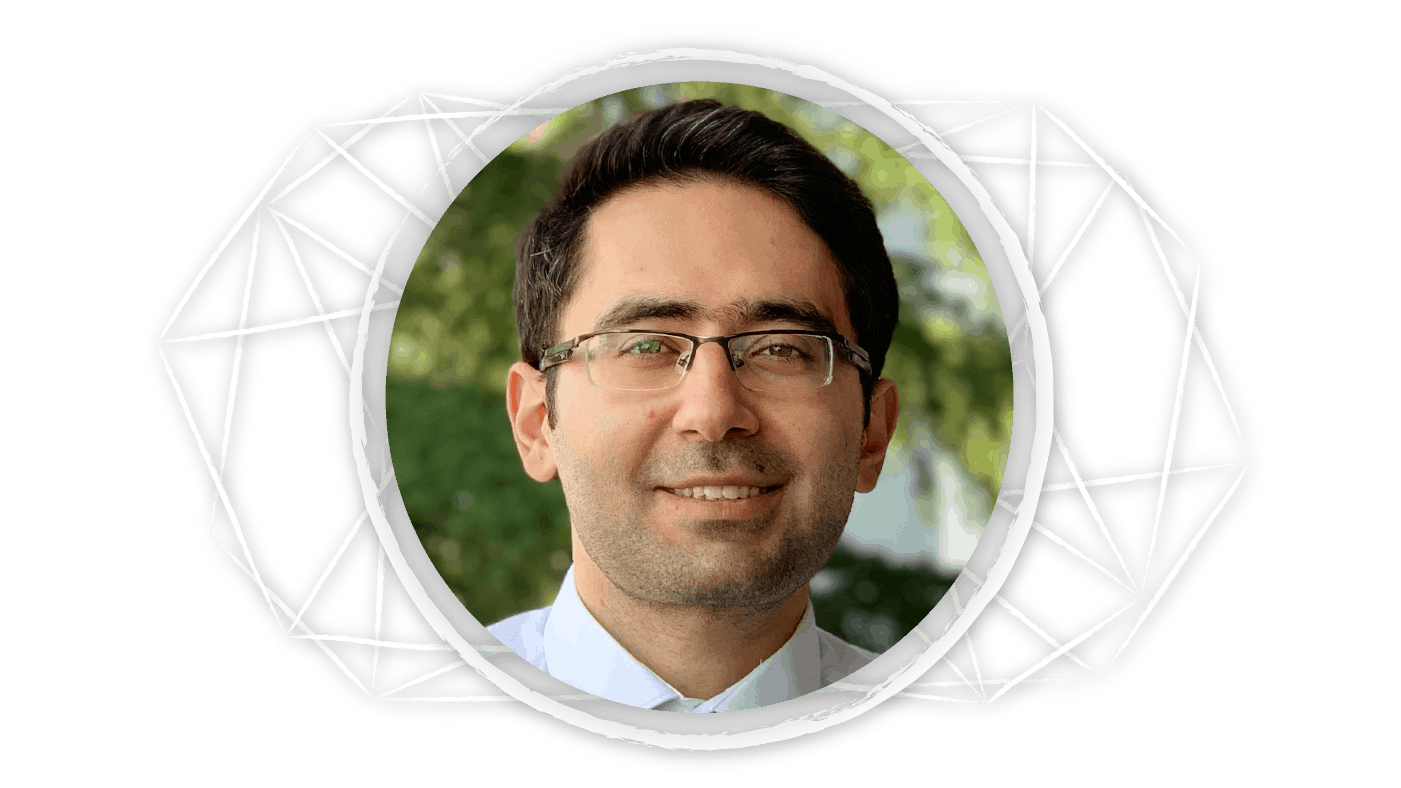
Salar Fattahi joins the IOE faculty
Salar Fattahi joins the U-M IOE faculty as an assistant professor this fall.

Salar Fattahi joins the U-M IOE faculty as an assistant professor this fall.
U-M Industrial and Operations Engineering (IOE) welcomes Salar Fattahi as an assistant professor this fall.
Fattahi’s research focuses on large-scale computational and statistical methods for solving massive-scale societal problems stemming from real-world applications. These applications are within the realm of safety-critical systems, including energy systems, multi-agent robotics, and brain networks. More specifically, Fattahi makes use of techniques in optimization theory, algorithms and statistics with a focus on networked and interconnected systems.
“I am very excited to join the IOE at U-M.” Fattahi said. “The collegial and friendly atmosphere at U-M creates an inclusive environment for the faculty, students, and staff, and I am happy to be a new member of this ‘family.’”
“The collegial and friendly atmosphere at U-M creates an inclusive environment for the faculty, students, and staff, and I am happy to be a new member of this ‘family.’”
Salar Fattahi
Assistant Professor, U-M Industrial & Operations Engineering
Fattahi defended his thesis, titled “Structure-Aware Methods in Large-Scale Computational Problems: Machine Learning, Optimization, and Control,” as a PhD candidate in Industrial Engineering and Operations Research at the University of California, Berkeley.
Prior to completing his doctoral degree in Industrial Engineering and Operations Research at UC Berkeley, Fattahi received a master’s degree from the school in the same subject. He also holds a master’s degree in Electrical Engineering from Columbia University.
Throughout his education, Fattahi has served as a teaching assistant for both undergraduate and graduate courses. While attaining his master’s and doctoral degrees at Berkeley, he was a three-time guest lecturer. He spoke for two undergraduate courses on nonlinear and discrete optimization and for a graduate course on applied dynamic programming. Fattahi was also the recipient of nine awards during his education, including three fellowships.
The ultimate goal of Fattahi’s research is to develop data-driven and massively scalable computational methods that can guarantee the robust, resilient, and real-time operation of the next generation of intelligent systems.
“I’m excited for the opportunities that U-M IOE offers not only for furthering this research, but also for the ability to share this knowledge with students through instruction,” he said.